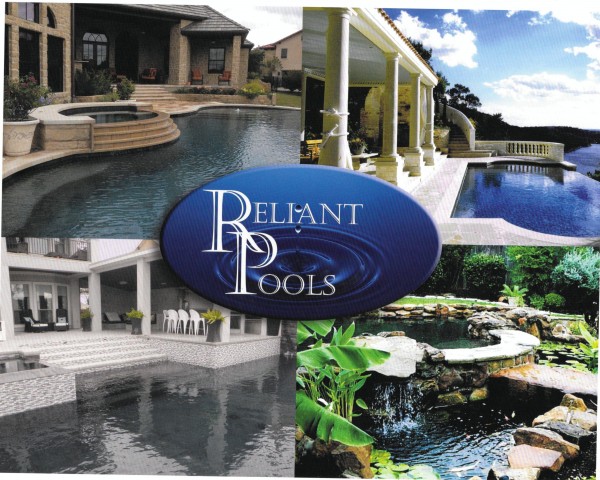Today I was reviewing a Forrester webinar replay, called “The Age of the Customer: Becoming Customer Obsessed”, and later in the afternoon I checked by physical mail box, and found a post card depicting beautiful swimming pools that I may wish to purchase from Reliant Pools. What struck me was the incongruence between this advertisement and what Forrester was promoting. I live in an apartment community in central Texas, and every apartment community I’ve visited in the region has a swimming pool. As an apartment resident I have no influence over the type of swimming pool in my community. Perhaps when I move into my new home, I will be more interested in a swimming pool. Until then, like most recipients I’ll simply discard the card. (Incidentally this is what I did at first, before realizing it had relevance to what I’d just been reviewing).
This may be an example of what Forrester calls, the Dark Ages of Marketing, where customers are segmented based on basic criteria, such as “women aged between 25 and 45”. However I would go a few steps back and call it an example Prehistoric Marketing, mailing all households in a zip-code or geographic area, without any sort of differentiation. This would not be so bad, however on the reverse, the first sentence starts with “Our attention to detail is one of our strangest attributes”. I’m sure this is true of their swimming pools, but certainly not when it comes to marketing, being a local developer they may not have a dedicated marketing department, but they could spend their budget more wisely, perhaps by sending kids around neighborhoods on bikes to drop off flyers at homes without swimming pools. Better yet would be bridging the gap from offline to online, by incorporating a QR code on the flyer, that when scanned, would take the visitor to an information site or blog discussing the benefits of swimming pool ownership in Central Texas.
Although the target audience may be wrong, they also miss another point. Today the buyer, of swimming pools or whatever, is more empowered than ever to seek out information through any number of channels, such as social media, blogs, wiki sites, etc. Buyers what to know what the experience of the product will be like, they want to know what the relationship with the supplier will be like, it’s about the overall experience, and not one the technical specifications of the product. Again, an example from Reliant, they describe the quality of their pools and project management expertise. Do I as potential buyer care about this? Among other things, I want to know I’ll have a hassle free buying experience, and a pool that is a joy for my family to use.
Forrester goes on to say that a customer-obsessed business is one that enhances its knowledge of their (potential) customers and their engagement processes. This is where digital marketing systems, such as marketing automation and marketing intelligence, can come into play by helping to identify the right criteria for the kinds of customers you want to approach. For example, creating buyer personas, such as “Young Swimming Pool Dads”; i.e. young fathers, living in new homes, that want a swimming pool for their kids to play in. Then providing these personas with relevant information would create a stronger brand affinity, than a discardable, and easily forgettable, post card flyer.
Deploying a marketing automation solution is, to paraphrase from Oracle, great for targeting the right buyers, executing campaigns, getting the best leads to sales and delivering the highest return on your marketing investment. There are number of great platforms available to help modern marketers reach and connect with their desired audience, and provide these customers with a compelling user experience.
Oracle Eloqua has a great explainer video on what marketing automation is all about, whilst Adobe has a fun video explaining the benefits of marketing technologies, whilst also profiling their offerings. They’re both worth a watch to get of how marketing technology can benefit modern customer-obcessed organizations.


